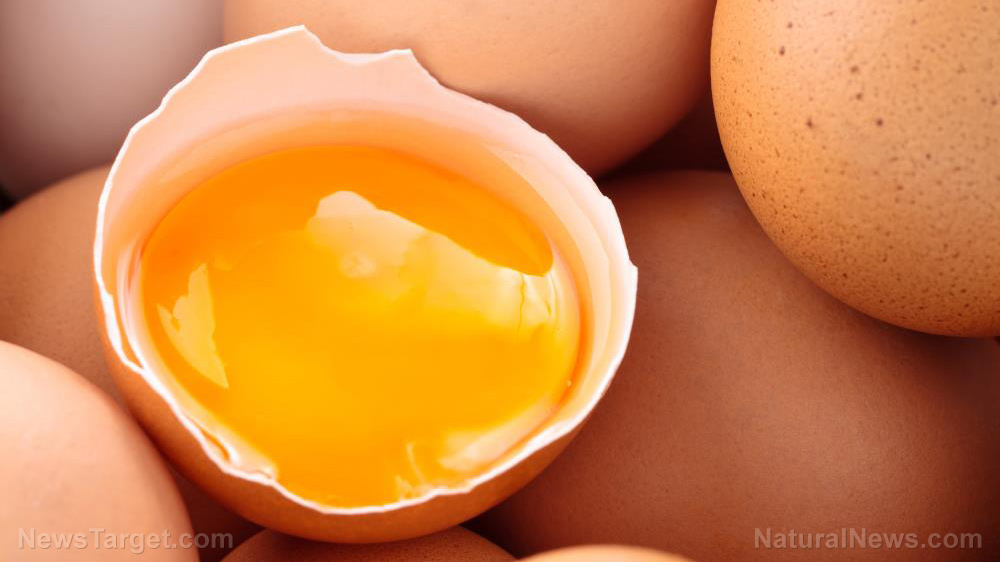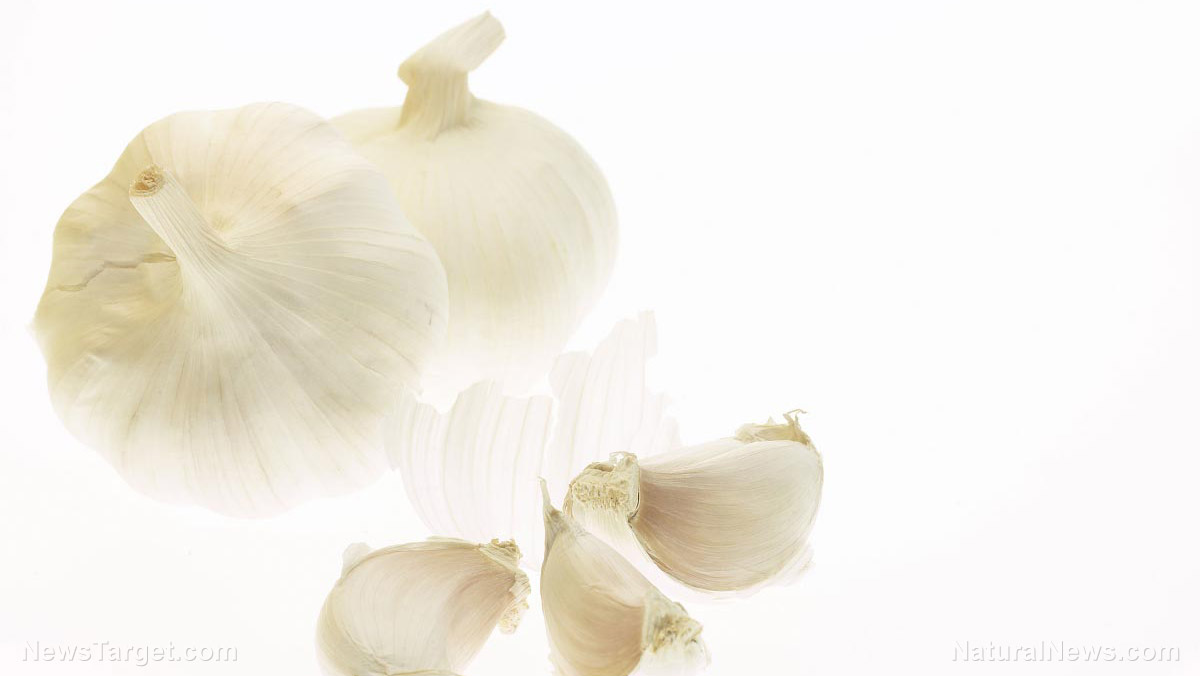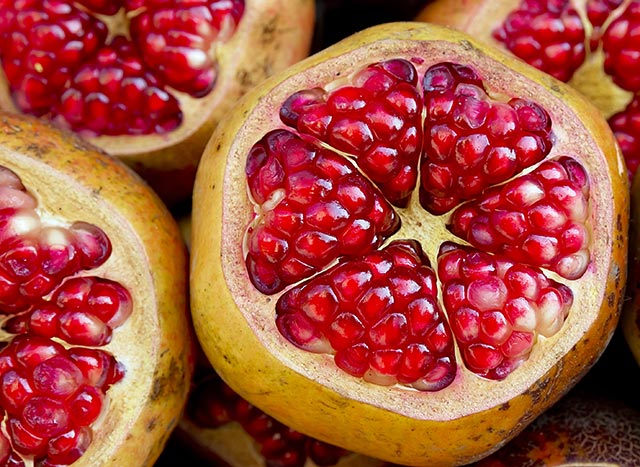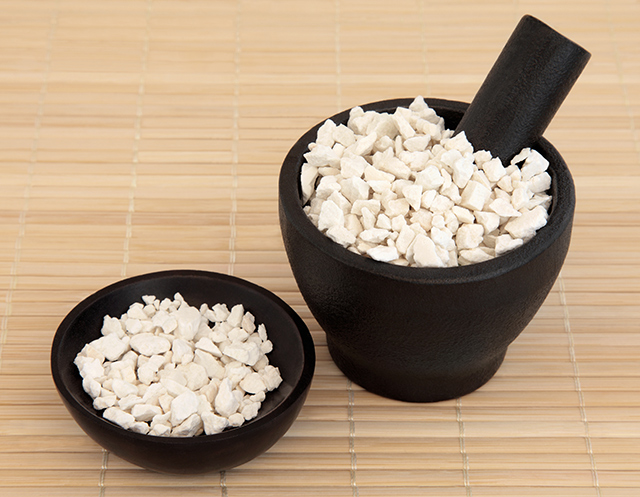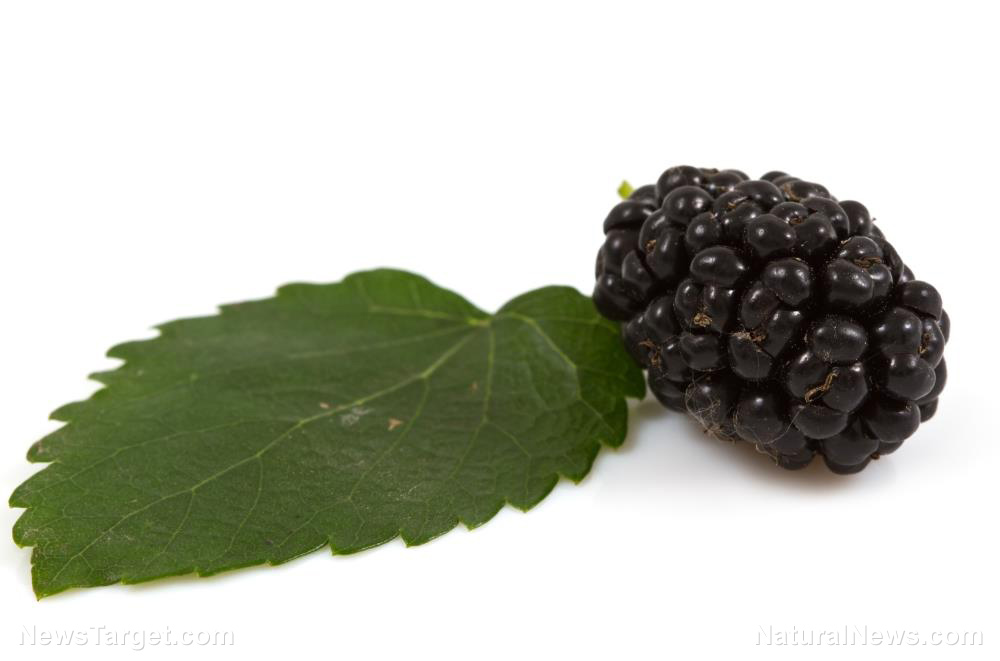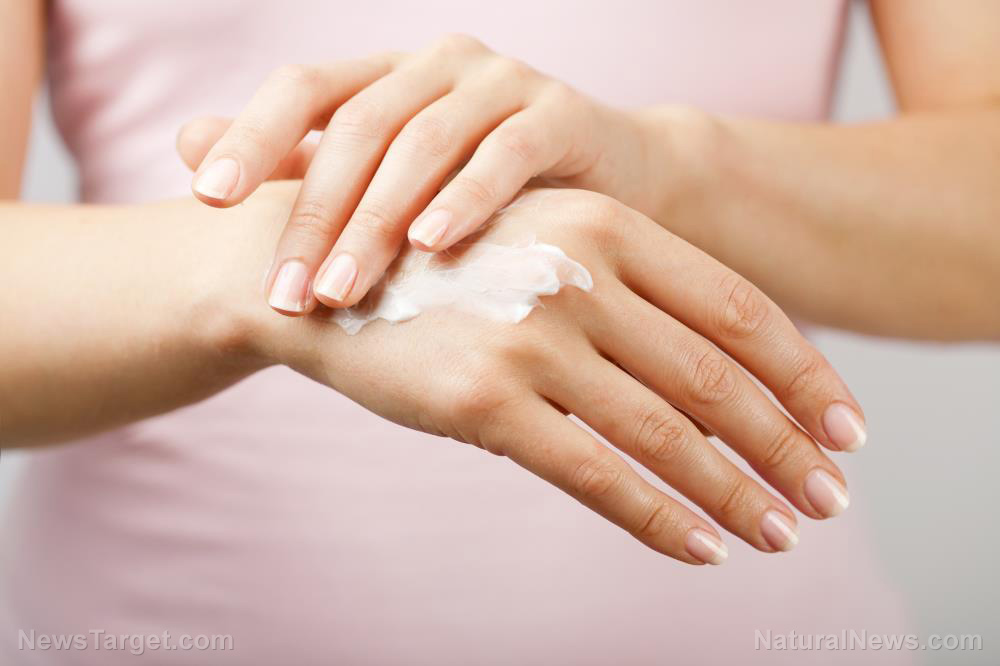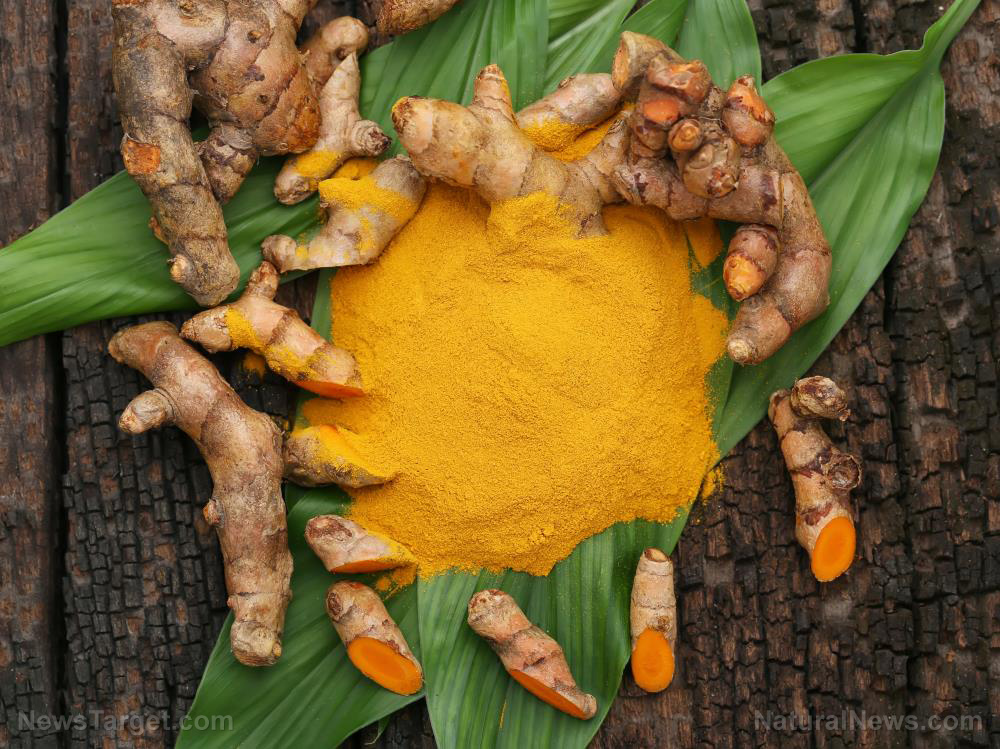Papaya leaf juice can stimulate your immune system to fight the dengue virus
07/17/2019 / By Melissa Smith
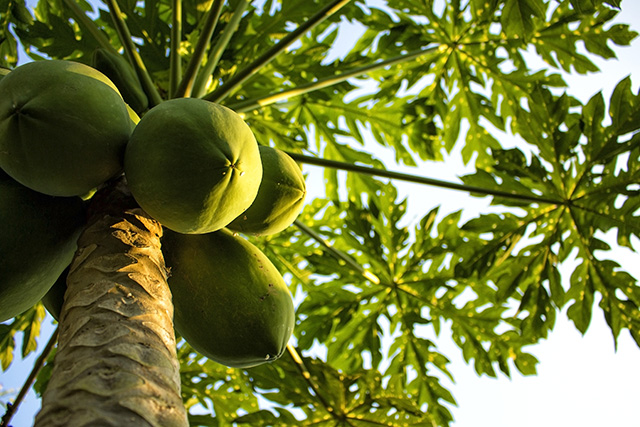
If you’re into green juice, consider adding papaya leaves to your recipes. If you’re not into juicing your greens, however, you might want to reconsider: Drinking papaya (Carica papaya) leaf juice was found to protect against the dreaded dengue virus.
A team of researchers from the Ministry of Health in Malaysia conducted a study analyzing the potential of freeze-dried papaya leaf juice as part of dengue treatment. Their results revealed that papaya leaf juice can strengthen the immune system to fight against the dengue virus.
Dengue is a mosquito-borne viral infection that causes flu-like illness and can develop into a potentially life-threatening problem called severe dengue. The virus is transmitted by female mosquitoes mainly of the species Aedes aegypti (yellow fever mosquito) and, to a lesser extent, Ae. albopictus (Asian tiger mosquito). Dengue is common throughout tropical and subtropical regions around the world.
Papaya leaves have been used in traditional medicine to treat dengue fever. The leaves of the papaya plant are reported to exhibit an immunomodulatory activity by affecting cytokine production in animal and cell trials. However, there remains to be insufficient evidence of this activity for the dengue disease model in animals. Therefore, the Malaysian research team initiated to screen and identify the cytokines affected by freeze-dried papaya leaf juice used to treat mice infected with the dengue virus.
The team fed the dengue-infected mice with freeze-dried papaya leaf juice for three consecutive days, 24 hours after dengue virus inoculation. Then, they screened plasma cytokines and analyzed the gene expression in the liver of the mice.
The results showed that treatment with freeze-dried papaya leaf juice regulated the release of certain cytokines during dengue infection in mice. In addition, the treatment significantly downregulated eight inflammatory cytokine genes: CCL6/MRP-1, CCL8/MCP-2, CCL12/MCP-5, CCL17/TARC, IL1R1, IL1RN/IL1Ra, NAMPT/PBEF1, and PF4/CXCL4. Published in the journal of BMC Complementary and Alternative Medicine, these results indicated that papaya leaf juice exhibited potential immunomodulatory effects during dengue virus infection.
Treating dengue with papaya leaves
Researchers from the University of Nottingham Malaysia Campus (UNMC) suggested that papaya leaves could be made into a pill that treats dengue fever. In their study, they discovered a compound in the juice called carpaine, which helps with blood clotting and can restrict internal bleeding caused by the disease.
“We are targeting the active bio-compound carpaine which we know can increase blood platelets and therefore helps reduce internal bleeding. We are also looking at whether the younger leaves or the older leaves contain more carpaine, and also whether the stems of the papaya plant could also be useful,” said Dr. Ching Lik Hii, lead researcher and associate professor at UNMC.
The researchers explained how they plan to turn papaya leaf juice into a pill in a three-year project: They will extract carpaine compound using alcohol, then they will use an acid-base extraction procedure to yield crude carpaine material. They will conduct further purification steps to produce solid carpaine that is at least 95 percent pure. The researchers hope to have developed the best processing method to attain the highest yield of carpaine. They also aim to find out how the carpaine degrades during storage and which parts of the papaya plant are best to use.
However, it would be challenging for the researchers to find an adequate supply of papaya leaves because there are not many large papaya farms in Malaysia and existing farms do not harvest the leaves, but prioritize growing its fruit.
The researchers hope to produce a carpaine medication with the help of industry partners in Malaysia and beyond. They anticipate the product could take at least 10 years before it could be sold in the market because extensive approvals and clinical trials are required.
The discovery of natural dengue treatments is important as the virus is rapidly emerging across the globe, with about 390 million dengue infections occurring every year. In addition, current dengue treatments such as the dengue vaccine do not protect against the disease, but put you at a greater risk of contracting it.
Sources include:
Tagged Under: alternative medicine, Carica papaya, dengue fever, dengue virus, disease treatments, herbal medicine, Herbs, immune system, infections, medicinal herbs, mosquitoes, natural medicine, Papaya, papaya leaf, papaya leaf juice, research
RECENT NEWS & ARTICLES
COPYRIGHT © 2017 NATURAL CURES NEWS

